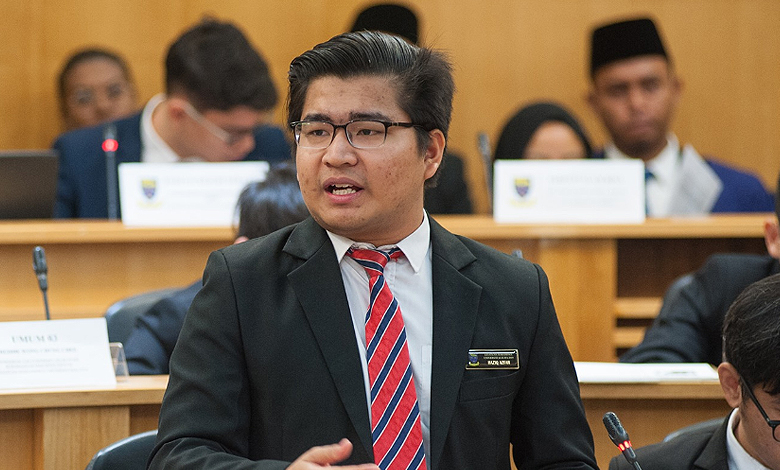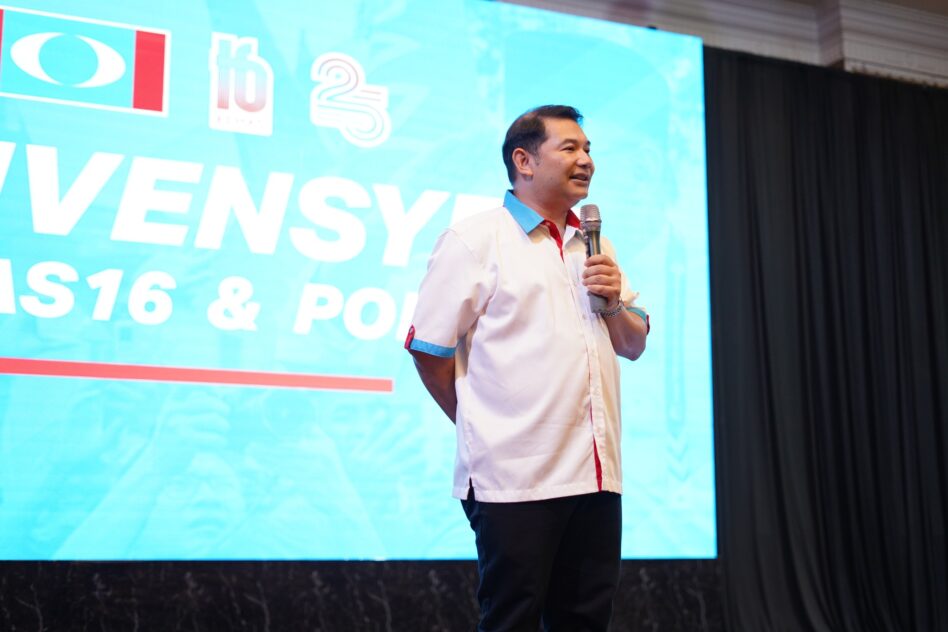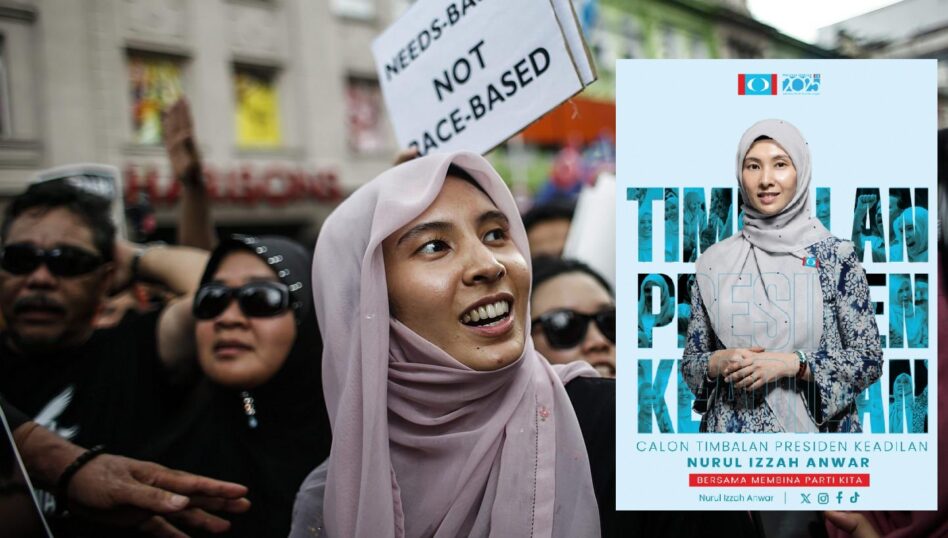By Dr Mohamed Rafick Khan
DEAR Prime Minister,
May Allah bless you always. Allow me to pen a few words for your attention with regards to my concerns relating to the state of affairs surrounding the management of the COVID-19 pandemic as well as the future of insurance and private hospitals in this country.
Being trained in medicine, insurance, and finance, I have reasonably good knowledge of the subject matter when these fields collide. Of late, both doctors and insurers have consulted me and expressed their concerns on several matters involving private hospitals and insurance.
Health Ministry instructions
The Ministry of Health (MOH) recently instructed all private hospitals to treat COVID-19 patients and they can no longer refer such patients to its hospitals. In their recent engagement with the insurance industry, MOH has also put insurance and Takaful companies in an extremely difficult position.
What followed was the three associations representing the insurance and takaful companies – Life Insurance Association of Malaysia (LIAM), Persatuan Insurans Am Malaysia (PIAM) and Malaysian Takaful Association (MTA) – issuing a defensive, common media statement to protect their image and the interest of the industry.
MOH needs to look at these issues objectively, bearing in mind both the immediate and long-term implications that can arise from such decisions.
Insurance is a private contractual matter, MOH has no authority
All Hospital and Surgical policies (H&S) contracts issued by takaful and insurance companies binds both the policyholders (PH) and insurers (and takaful) legally with clearly defined terms. These terms cannot be changed mid-stream but can be re-negotiated prior to the annual renewals.
Typically, the contract provides details of coverage and exclusions. Each policy has its own exclusion clause and this varies, depending on the company and products offered. Under the contract, the insurer has the absolute right to approve admission and finance the cost of hospitalisation for COVID-19 or any other illnesses based on their own, in-house clinical and policy assessment.
Similar to other illnesses, insurers have the right to assess, admit or decline a patient’s admission based on the policy contract wordings. Typically, admissions for serious illnesses that require in-house treatment and investigations are approved.
Therefore, if the policy does not have a pandemic exclusion, it is within the right of the insurers to admit serious cases only (Stage 3, 4 and 5, MOH disease staging). Stage 1 to 2 is mild and typically it is a self-limiting disease ie the patient can recover by getting treatment from general practitioner (GP).
Hospitals are not meant to be used as isolation centres to contain the spread of COVID-19. The Health Ministry made a critical mistake when they turned their own hospitals into isolation centres in the early days, causing a massive strain on its operations.
The Health Ministry has no legal right to enforce laws outside their capacity, on insurance companies. If they want to force insurance companies to pay private hospitals under the Professional Overhead Expense (POE), they have to publish and gazette the order first. The Government is bound to pay any compensation to the insurer under the the recently gazetted proclamation of emergency.
Insurers concerns
As a doctor with many friends in private hospitals, it is no secret that hospital rates for insured patients are significantly, much higher than cash paying patients. Many patients are over-tested and there is over-emphasis on the severity of the patient’s illness to justify admission.
This worries insurers as they have to rely on the information provided by the doctors in evaluating hospital admission. The financial implications to the insurance industry here is grave.
Many doctors in private hospitals are not keen on admitting COVID-19 patients but some private hospital operators see this as a way to financially enhanced their profits.
If insurers are expected to carry out their “national service” with regards to the COVID-19 pandemic outside the realm of their contract, then why is it that the same is not imposed on private hospitals who also need to carry out their own “national service” t? Why not force them to charge treatment at a cost based on ministry’s Casemix Malaysian diagnosis-related group (DRG) costing? The Government needs to act in a fair manner, with all stakeholders.
Private hospitals, the nation’s 2nd line of medical defense
Looking at it from a broader perspective, it was a bad decision to force private hospitals to manage COVID-19 patients. We have previously called on the Government NOT to pass the treatment of COVID-19 patients to private hospitals. COVID-19 should be managed entirely within the Government medical network.
Private hospitals are the nation’s second-line of medical defence. If they are overrun with COVID-19 patients, what are the options for the people? The whole national healthcare system can collapse.
For the record, on average, the private hospitals have only between five to 10 ICU beds per hospital, they lack qualified and well-trained ICU nurses, they lack ICU interventionist and depend solely on the general anaesthetist to intervene.
Bringing COVID-19 patients to private hospitals exposes other patients and the specialists there. The average age of KPJ Ampang Putri doctors is 60 years old and most of them have multiple chronic illnesses.
In addition, personal protective equipment (PPE) is inadequate and many will not want to take the risk. The situation is similar in all other private hospitals. Bringing COVID-19 cases to private hospitals will have a grave impact on them.
Let private doctors support non-COVID-19 patients
The Health Ministry should refer critically ill non-COVID-19 patients to private hospitals and GP’s. MOH can negotiate a fair cost under the POE.
We need to loosen up the Health Ministry’s network and hospitals need to be de-cluttered, so that optimal care can be given to COVID-19 patients. The ministry should take this opportunity to expand their own Protect-Health SB (PHSB) services and expand their panels with private GPs.
Let the private GP’s and private hospitals take over some of the non-COVID-19 patienst workloads and use MOH’s resources fully in managing COVID-19 and allow PHSB to administer the payments.
Why isn’t the ministry considering this? Isn’t this logical and practical?
MOH and the Government need to look at matters from a much wider perspective. The current strain facing ministry is a result of poor, higher management strategic decisions and not being prepared in tandem with case growth.
Management of the pandemic has been reactive in nature from the start, with very little foresight planning. Shifting COVID-19 patients to private hospitals will lead to a catastrophic failure of the private hospitals. They will be overrun, in no time!
Implications
On a daily basis now, we hear strategic management decisions being made at the expense of front-liners. The man on the street sees this clearly and can assess for himself, the quality and consequences of such decisions. Of late, many have begun to question some of these decisions.
The advisory panel must be formed with utmost urgency. The Health Ministry’s top management strategy has failed. We need to bring external strategic experts from diverse backgrounds. The current MOH decisions have crippled its COVID-19 facilities and now their decision to use private hospitals to treat COVID-19 will surely cripple the private hospitals and the insurers in this country.
Laws must apply to everyone. It is blind. The Health Ministry cannot and should not dictate terms to insurers. However, it can dictate terms with the private hospitals and GP’s on treating non-COVID-19 cases, decide on the cost and give MOH experts more room to manage COVID-19.
The POE allows them to do that. In solving a short-term issue, the long-term impact must also be evaluated. We cannot focus on short term impact and have no foresight of long-term impacts.
The honourable Prime Minister, I appeal to you to address these matters by looking at the bigger picture and show that you care for the plight and health of the rakyat.
The Health Ministry’s top management needs well-calculated, external input and must no longer be allowed to dictate the strategy on their own.
It is no longer an exclusive medical issue. We need to heed the warning signs that are already beginning to show. – Jan 21, 2021
Dr Mohamed Rafick Khan is the former CEO of Munich Re Retakaful (MRR).
The views expressed are solely of the author and do not necessarily reflect those of Focus Malaysia.









